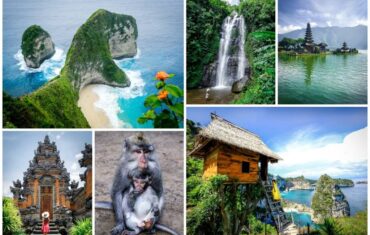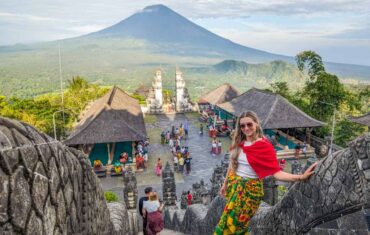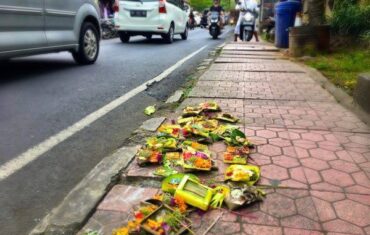Karma and Reincarnation in Bali
Karma and Reincarnation in Bali: The Cycle of Life on the Island of Gods
Firstly, Bali, a land of breathtaking beauty and profound spirituality, is often called the “Island of Gods.” This isn’t just a metaphor; it’s a reflection of the deep-seated spiritual beliefs that permeate every aspect of Balinese life. At the heart of this unique culture lies the Hindu concept of Karma and the eternal cycle of Reincarnation. Unlike the rest of Indonesia, which is predominantly Muslim, Bali practices a distinct form of Hinduism called Agama Hindu Dharma. Understanding these core principles is key to appreciating the island’s rituals, art, and the peaceful, harmonious nature of its people.
What is Karma in Bali?
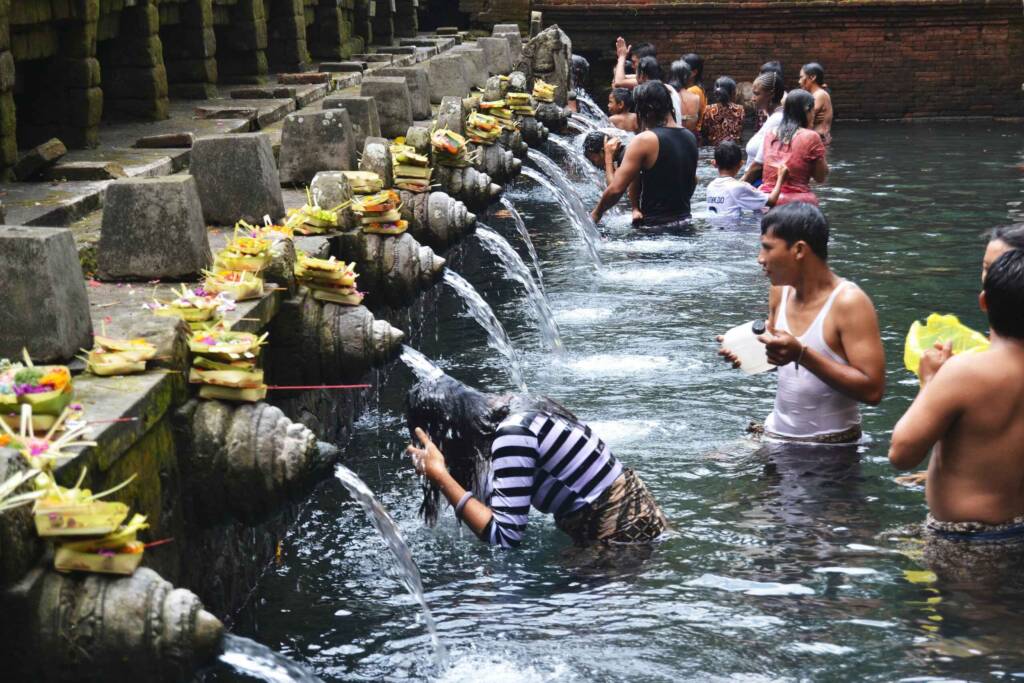
In Balinese Hinduism, Karma isn’t a simple concept of “good deeds get good things.” It’s a complex, universal law of cause and effect. The word itself comes from the Sanskrit root “kri,” meaning “to act” or “to do.”
- Karma Pala: This is the direct result of an action, whether good or bad. Balinese believe that every thought, word, and deed creates a consequence.
- Tri Kaya Parisudha: This is the Balinese ethical framework for pure thought, word, and deed. It also emphasizes the importance of a clear mind (manacika), kind words (wacika), and righteous actions (kayika).
Balinese believe that karma follows them from one life to the next. The actions you take in this life will directly influence the circumstances of your next life, including your social status, family, and even physical health. This belief fosters a deep sense of responsibility and a desire to live a virtuous life.
The Balinese Concept of Reincarnation (Punarbhawa)
Generally, the law of karma is the same as the concept of Reincarnation or Punarbhawa. Balinese Hindus believe that the soul (atma) is immortal and that upon death, it leaves the body and is reborn into another. The destination of the soul—whether it’s a higher being, a human, an animal, or a plant—is determined by the karma accumulated in the previous life.
- Mukti (Moksha): The ultimate goal of the cycle of reincarnation is to achieve moksha or mukti. This is also the liberation of the soul from the endless cycle of birth and death, allowing it to merge with the ultimate divine reality, Ida Sang Hyang Widhi Wasa. This is a state of eternal bliss and freedom.
- Pitra Yadnya (Ngaben): Balinese funeral ceremonies, known as Ngaben, are not somber events. They are a celebration of the soul’s release from the physical body. The elaborate cremation ritual aims to cleanse the soul and also help it on its journey to the next life. It is believed that a proper Ngaben ceremony helps the deceased’s soul find a better rebirth.
How Karma and Reincarnation Shape Daily Life in Bali
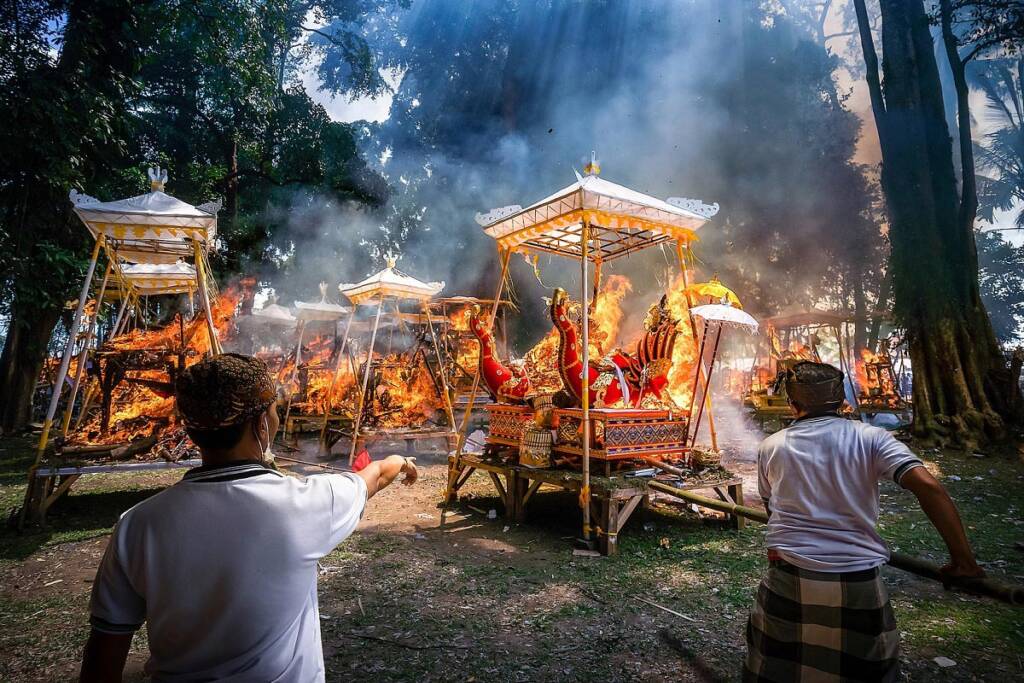
The belief in karma and reincarnation is not an abstract concept; it is a living, breathing part of Balinese daily life.
- Religious Rituals: Every day, Balinese people make offerings (canang sari) to the gods and their ancestors. These offerings are a way of expressing gratitude and accumulating good karma.
- Community Harmony: The strong sense of togetherness and mutual cooperation also comes from this belief. Balinese believe that helping others and living in harmony with one’s neighbors creates good karma for Respect for Nature: The Balinese see the divine in all of nature, from the mountains to the oceans. A concrete example of this is their respect for nature and sustainable agricultural practices, such as the subak irrigation system, which is a UNESCO World Heritage site.
Conclusion: A Spiritual Lens on Bali
The next time you visit Bali, look beyond the beaches and rice paddies. Observe the intricate details of the temples, the daily offerings, and also the gentle demeanor of the Balinese people. At last, by understanding the profound concepts of karma and reincarnation, you gain a deeper appreciation for the island’s unique culture and the spiritual journey that every Balinese person is on. It’s a reminder that life in Bali is not just about the here and now, but a continuous, sacred cycle of cause, effect, and spiritual evolution.
In additionally, please check on our services:





